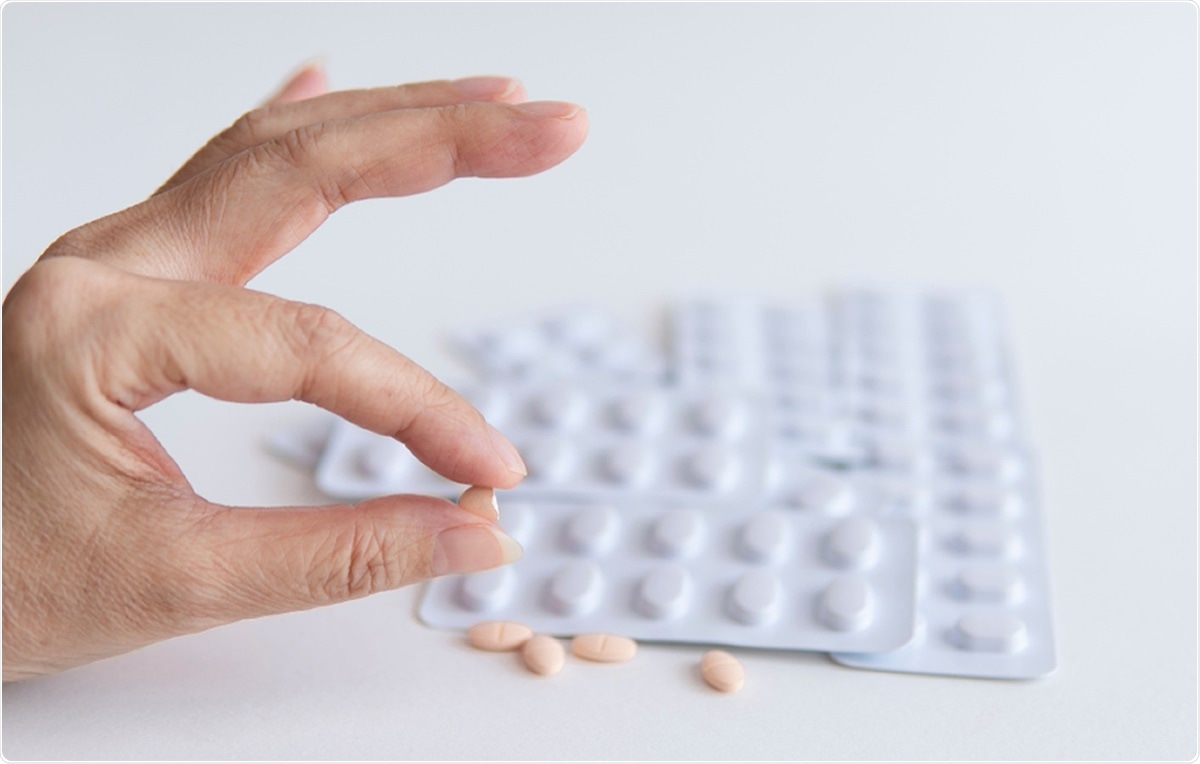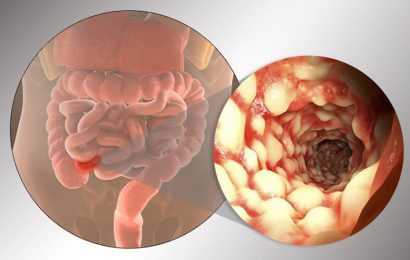Amid the coronavirus disease (COVID-19), caused by the severe acute respiratory syndrome coronavirus 2 (SARS-CoV-2), people with comorbidities are at a higher risk of developing severe disease.
In the fight against COVID-19, scientists are racing to determine effective treatments to reduce mortality among infected individuals.
Now, researchers at Harvard Medical School showed that statin use reduced 28-day mortality in patients hospitalized with COVID-19. Both the new initiation of statins and continuing statin therapy reduced the risk of mortality.

Study background
Statins are drugs that help lower the level of low-density lipoprotein (LDL) cholesterol in the blood. Having a high LDL cholesterol level may increase the risk of hardening and narrowing of the arteries and cardiovascular disease.
The SARS-CoV-2 infection has resulted in millions of deaths. More than 100 off-label and experimental drugs have been used to treat COVID-19 patients during the initial rush for treatments.
At the Massachusetts General Hospital, off-label statin has been used for many reasons. First, there were cardiac complications due to COVID-19, and second, statins have cardioprotective properties. Further, statins are affordable and safe and may stop the hyperinflammatory response to an infection.
Statins have been shown to block SARS-CoV-2 infectivity by binding to the main protease mediating viral entry, blocking the virus’s ability to infect cells. However, the safety and efficiency of statins for treating hospitalized COVID-19 patients remain unclear.
The study
To arrive at the study findings, which appeared on the pre-print server medRxiv*, the team conducted a single-center cohort study of 1,179 hospitalized COVID-19 patients. They noted the patients’ death outcome, intensive care unit (ICU) admission, or hospital discharge. Also, the team reported the patients’ statin use, laboratory data, and comorbidities.
Overall, 360 patients never took statins, 311 were newly initiated on a statin, 466 continued taking statins, and 42 had a statin discontinued. The most common drug used was atorvastatin before and during hospitalization.
The study findings showed that 13.1 percent of the patients died by 28 days. The team also found that using statins reduced the hazard of 28-day mortality. Also, both the new initiation of stations and continuing statin use reduced the risk of death from COVID-19 within 28 days.
“Overall, the novel findings presented here are that statin therapy during hospitalization, whether it be a new or continued prescription, was associated with improved mortality,” the team concluded in the study.
However, the duration of stain therapy needed to provide mortality benefit in COVID-19 is still unclear. The study suggests that statins are tied to a survival benefit even after taking for a short time during hospitalization.
Statin benefits
The researchers noted that the reasons why statins effectively reduce mortality in COVID-19 patients include endothelial stabilization and their effect on inflammation.
Giving statins during admission, even for a short duration, could positively impact the cardiovascular system. COVID-19 causes a hyperinflammatory response that triggers cardiovascular disorders.
Also, the drug’s ability to control and inhibit hydroxymethylglutaryl-coenzyme A reductase is another reason to consider. This may interfere with the virus’s ability to invade and infect cells.
“If statins improve COVID-19 outcomes by inhibiting viral cell invasion, the benefit may be enhanced when statins are prescribed before infection,” the team wrote in the study.
The team also revealed the link between statin use and mortality benefit in adults who are more than 65 years, but not in patients 65 years or younger.
Since statins may help reduce mortality in COVID-19 patients, clinical trials should be performed to determine the drug’s safety.
*Important Notice
medRxiv publishes preliminary scientific reports that are not peer-reviewed and, therefore, should not be regarded as conclusive, guide clinical practice/health-related behavior, or treated as established information.
- Memel, Z., Lee, J., Foulkes, A. et al. (2021). Statins Are Associated with Improved 28-day Mortality in Patients Hospitalized with SARS-CoV-2 Infection. medRxiv. https://doi.org/10.1101/2021.03.27.21254373, https://www.medrxiv.org/content/10.1101/2021.03.27.21254373v1
Posted in: Medical Research News | Disease/Infection News
Tags: Atorvastatin, Blood, Cardiovascular Disease, Cell, Cholesterol, Coronavirus, Coronavirus Disease COVID-19, Drugs, Hospital, Inflammation, Intensive Care, Laboratory, Lipoprotein, Medical School, Mortality, Respiratory, SARS, SARS-CoV-2, Severe Acute Respiratory, Severe Acute Respiratory Syndrome, Statin, Syndrome, Virus

Written by
Angela Betsaida B. Laguipo
Angela is a nurse by profession and a writer by heart. She graduated with honors (Cum Laude) for her Bachelor of Nursing degree at the University of Baguio, Philippines. She is currently completing her Master's Degree where she specialized in Maternal and Child Nursing and worked as a clinical instructor and educator in the School of Nursing at the University of Baguio.
Source: Read Full Article


